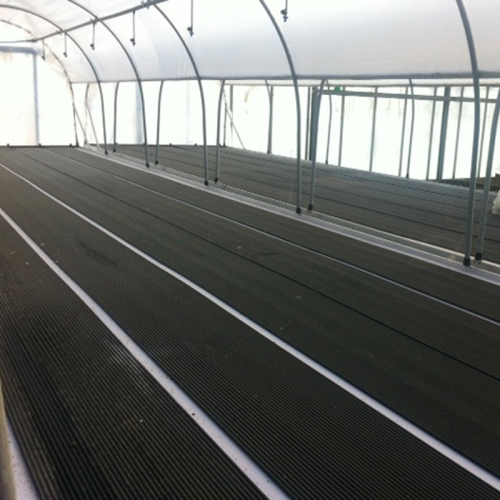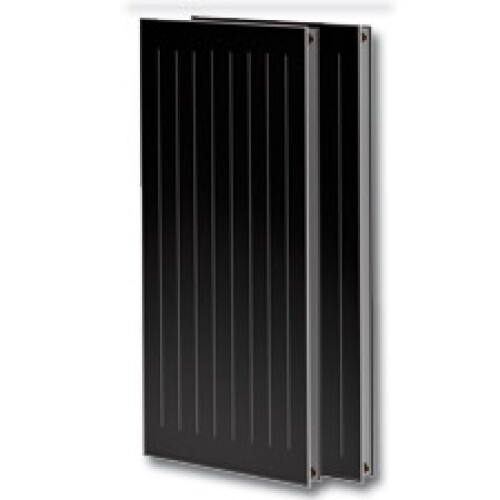Solar Thermal
Solar thermal: efficiency and sustainability for heating
Solar thermal is an eco-friendly and highly efficient technology for producing hot water and heating buildings. By harnessing solar energy, this solution provides numerous benefits in terms of energy savings, emission reduction, and environmental sustainability.
What is solar thermal?
Solar thermal is a technology that utilizes solar energy to heat a fluid, typically water or a heat-transfer liquid, through the use of solar thermal collectors. This thermal energy can be used directly for domestic hot water heating, space heating, or industrial applications.
Components of a solar thermal system
A typical solar thermal system consists of:
- Solar collectors: Panels that capture and convert solar energy into heat. They can be flat-plate, evacuated tube, or concentrating collectors.
- Storage tank: An insulated container that stores the hot water produced by the solar collectors.
- Hydraulic circuit: A piping system that connects the solar collectors to the storage tank and the heating system.
- Circulation pump: A device that ensures the proper flow of the heat-transfer fluid between the collectors and the storage tank.
- Control system: A central unit that regulates system operation, optimizing efficiency and ensuring safety.
Benefits of solar thermal
- Energy savings: By utilizing solar energy, solar thermal significantly reduces dependence on conventional energy sources, lowering energy costs.
- Emission reduction: Solar thermal systems produce no greenhouse gas emissions during operation, contributing to climate change mitigation.
- Sustainability: As a renewable and inexhaustible energy source, solar thermal is a long-term sustainable solution.
- Incentives and tax deductions: Many governments offer financial incentives and tax benefits for installing solar thermal systems, making the initial investment more affordable.
- Durability and reliability: Solar thermal systems are designed for long lifespans with minimal maintenance, ensuring high reliability.
Applications of solar thermal
Solar thermal technology has a wide range of applications across residential, commercial, and industrial sectors:
- Residential: Used for domestic hot water production and space heating.
- Commercial: Suitable for hotels, hospitals, swimming pools, and other facilities requiring large amounts of hot water.
- Industrial: Applied in processes requiring low to medium-temperature heat, such as washing, pasteurization, and sterilization.
Maintenance and lifespan
Solar thermal systems require minimal maintenance to ensure optimal performance and longevity. Regular maintenance includes:
- Cleaning the collectors: To maintain peak efficiency, collectors should be periodically cleaned to remove dust and debris.
- Checking the heat-transfer fluid: Periodic inspection of fluid levels and conditions to prevent freezing or overheating.
- System inspection: Routine checks of mechanical and electrical components to ensure proper functionality.















